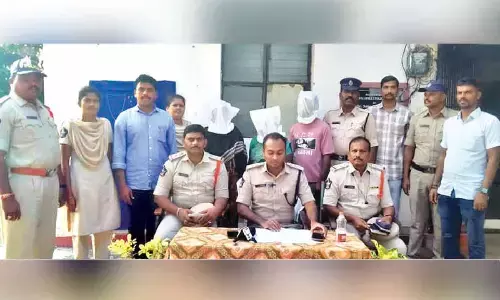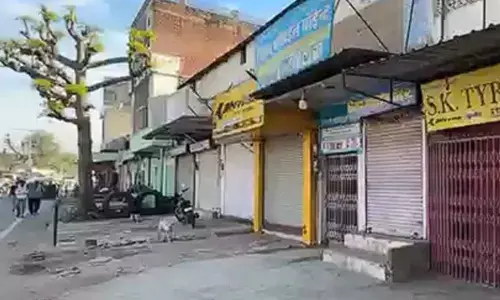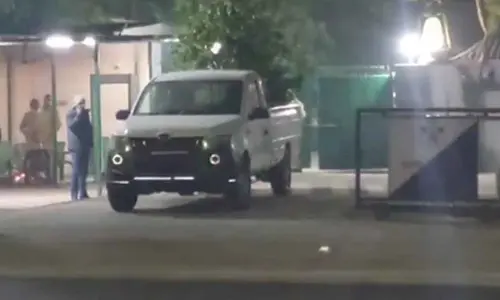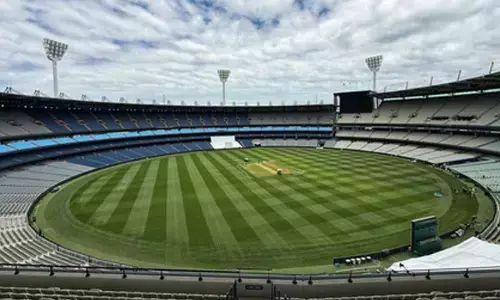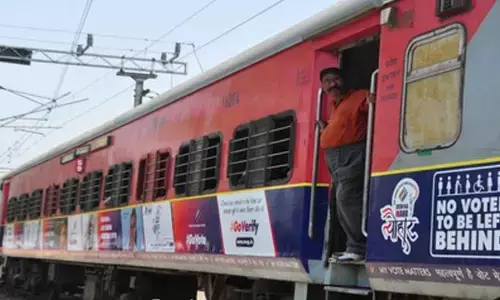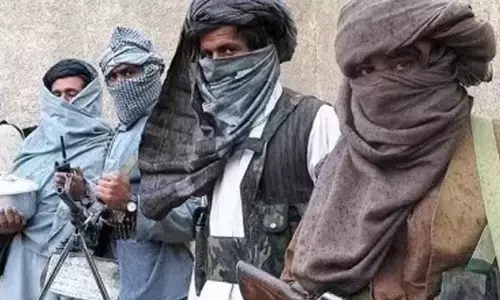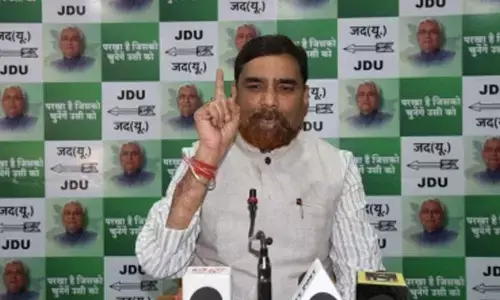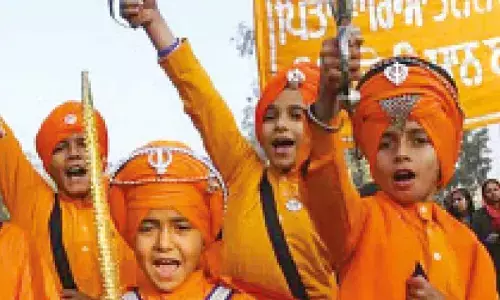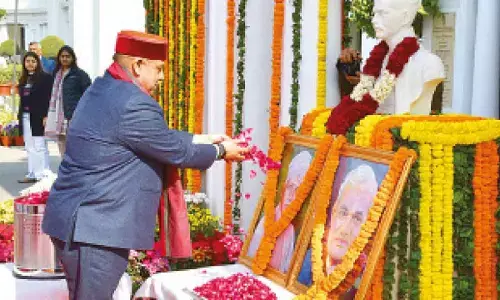A wake-up call
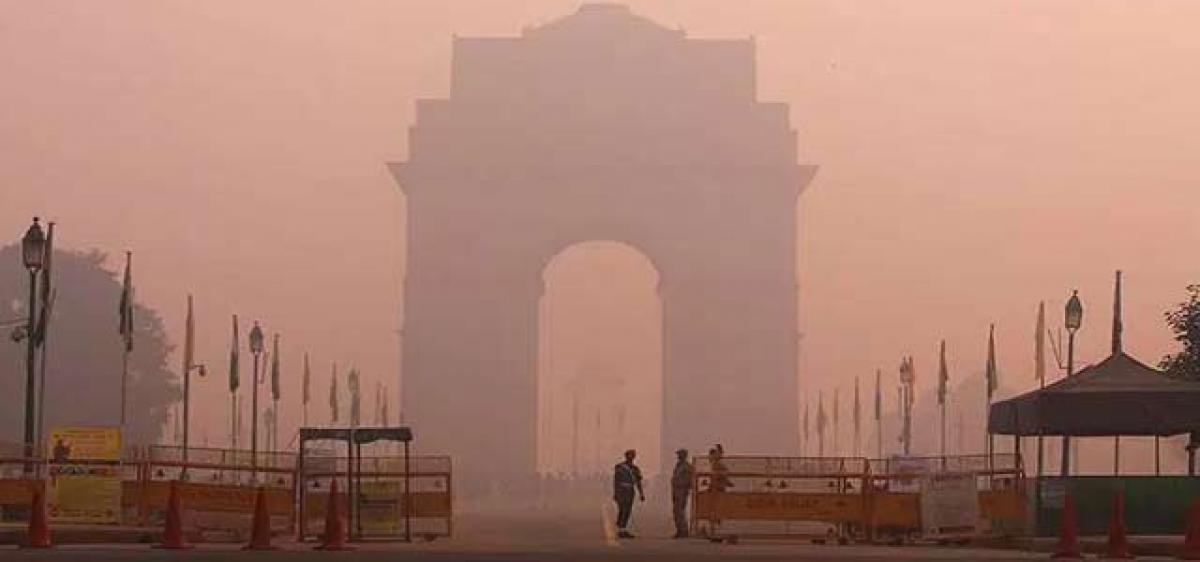
The national capital has also turned India’s pollution capital as Delhi experiences its worst smog in many years. The situation may be alarming in Delhi. But, it’s a wake-up call to all Indian cities to guard themselves against the looming threat of air pollution.
The national capital has also turned India’s pollution capital as Delhi experiences its worst smog in many years. The situation may be alarming in Delhi. But, it’s a wake-up call to all Indian cities to guard themselves against the looming threat of air pollution.
There may be specific reasons for Delhi choking on this crisis. They include higher concentration of pollutants during this Diwali due to lower wind speed and unending paddy burning in neighbouring states, according to Centre for Science and Environment (CSE). But, the larger issue is unbridled urbanisation and development paradigm which India has been aping with scant regard for environment.
Urgent action is needed to save people from such lethal exposure. Especially, the vulnerable sections like children, sick etc., need to be protected. Urban pollution has significant public health costs even for general public.
Joint studies of Central Pollution Control Board and the Chittaranjan National Cancer Research Institute , Kolkata , reveal that every third child in Delhi has impaired lungs.
Holistic measures to tackle the mounting problem of air pollution in cities in general can include reducing vehicular traffic through massive impetus to public transport.
Polluting industries, especially thermal power plants, have to be brought under severe environmental and anti-pollution scrutiny. Restrictions on waste burning, construction activity may also be required, suggest experts.
The use of fireworks increased with little or no regulation. There should be a blanket ban on firing crackers at all social events like festivals, marriages etc., especially during winter season. In fact, there should be severe restrictions on sale and use of fireworks.
City-specific Air Quality Index should determine the concrete emergency action plans. Rapid motorisation of urban transport urgently calls for improved quality of fuel and vehicle technology. Higher emission standards need to be enforced. Non-motorised transport should be encouraged in all cities.
According to WHO, diesel particulates is a Class I carcinogen for its strong link to lung cancer. Diesel-related pollution – tiny and toxic particles and nitrogen oxides – is increasing in Indian cities. CSE recommends immediate curbs on dieselisation. The price of diesel does not reflect the ‘polluter pays’ principle.
Thus the petroleum pricing should be altered accordingly to discourage steady shift to larger diesel vehicles to avail of the lower price of this polluting fuel. This is evident from the data on car sales. Diesel cars accounted for 4 per cent of new car sales in 2000; this increased to 50 per cent by 2013.
The greater commercial use of cleaner fuels is impeded by fiscal factors. To effect a shift to cleaner fuels, taxation policies have to be revisited to give a boost to their use.
The nexus between polluters and pollution control agencies result in poor vigil on environmental hazards. Strict enforcement of existing legal provisions is urgently needed.
The ‘polluter pays’ principle should be adhered to, to determine the relative costs of transport, fuel etc. The Delhi smog should, therefore, serve as a wake-up call for all Indian cities.








